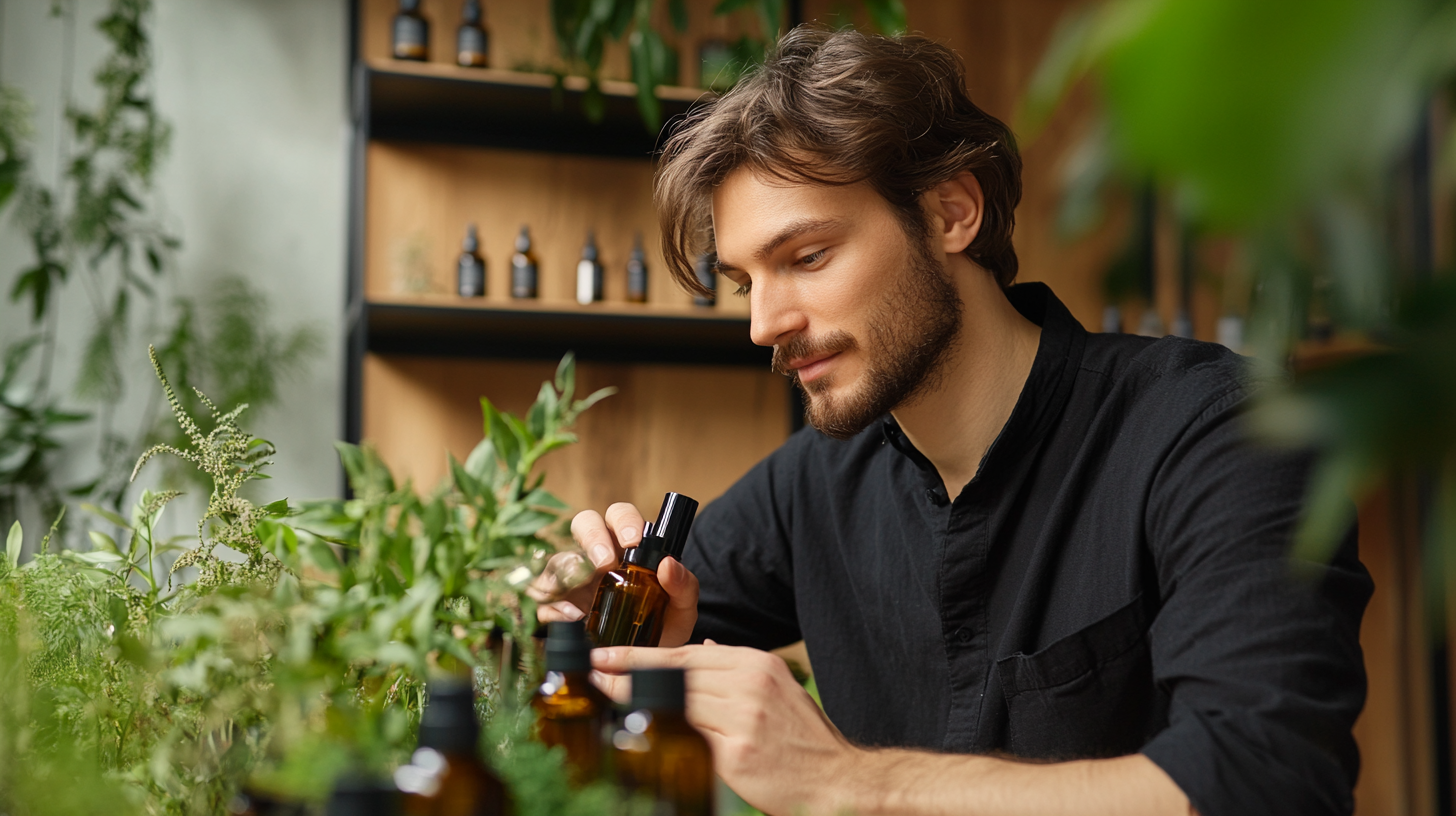
Understanding Organic Perfume: What Global Buyers Need to Know in 2023
In recent years, there has been a noticeable shift in consumer preferences towards more sustainable and natural products, and organic perfume is at the forefront of this trend. As buyers become increasingly aware of the potential harmful effects of synthetic fragrances and chemicals, the demand for organic alternatives has surged. This blog aims to provide a comprehensive understanding of organic perfume, highlighting its unique qualities, benefits, and the reasons why savvy global buyers should consider incorporating these eco-friendly options into their fragrance selections in 2023.
As the market for organic products expands, it is essential for consumers to be well-informed about what constitutes organic perfume and how it differs from conventional fragrances. This blog will explore the key aspects of organic perfumes, including the ingredients used, production methods, and potential certifications. Additionally, we will discuss the various factors that buyers should consider when selecting organic fragrances, ensuring they make informed decisions that align with their values and preferences. Join us on this fragrant journey to discover the vibrant world of organic perfume and its growing significance in today’s environmentally conscious marketplace.

The Rise of Organic Perfume: Trends Shaping the Industry in 2023
The organic perfume market is experiencing a noteworthy evolution as consumers increasingly prioritize sustainability and natural ingredients. In 2023, one of the most significant trends shaping this industry is the rise of "skinification" of fragrances. This concept emphasizes creating scents that not only smell pleasant but also resonate with the skin's chemistry, allowing for a more personalized fragrance experience. By blending botanical elements with innovative formulations, brands are generating products that nurture rather than just scent the skin. Another trend gaining traction is the resurgence of natural and fruity floral scents, appealing to environmentally conscious consumers who seek authenticity in their fragrance choices. The increasing demand for organic perfumes is reflected in the rapid growth of the industry, with projections estimating a surge in market value driven by healthier, eco-friendly options. This substantial growth represents a shift as traditional perfumery blends with artisanal techniques, enabling smaller brands to enter the market and cater to a niche that cherishes quality over quantity. As the global fragrance market grows, experts predict that trends from regions like Africa and India, where traditional fragrance practices meet modern demands, will influence global preferences. This blending of cultures highlights the diversity within the organic perfume sector and showcases how simply smelling good has transformed into an art form that tells a story about sustainability and heritage. Brands embracing these changes can expect to meet the evolving demands of today’s consumers striving for a more meaningful scent experience.

Key Ingredients in Organic Perfume: A Guide for Savvy Buyers
As consumers become increasingly conscious of their choices, the organic perfume market is experiencing significant growth. According to a report by Grand View Research, the global organic fragrance market is projected to reach USD 1.69 billion by 2025, expanding at a CAGR of 10.4%. Savvy buyers need to be well-informed about the key ingredients that set organic perfumes apart from traditional options.
One of the primary distinctions of organic perfumes lies in their use of natural essential oils instead of synthetic fragrances. Essential oils like lavender, rose, and sandalwood not only offer unique scents but also carry therapeutic benefits. For instance, lavender oil is renowned for its calming properties, making it a popular choice in aromatherapy. Additionally, the use of organic alcohol as a base, derived from plants like sugarcane, contributes to the purity and sustainability of these fragrances, aligning with the growing consumer demand for eco-friendly products.
Another crucial aspect to consider is certification. Organic perfumes often come with certifications from recognized bodies, ensuring that they meet specific standards for organic content. According to the Soil Association, products labeled as organic must adhere to strict regulations, which include restrictions on chemical inputs and minimum percentages of organic ingredients. Buyers are encouraged to look for brands that provide transparency about their sourcing and production processes, as this reflects a commitment to quality and sustainability.
In conclusion, understanding the vital ingredients in organic perfumes can empower buyers to make informed choices. With the market evolving and the benefits of organic products gaining clarity, discerning consumers can enjoy fragrances that align with their values while also embracing a richer scent experience.

The Impact of Sustainable Sourcing on Consumer Preferences
As consumers become increasingly aware of environmental issues, sustainable sourcing has emerged as a critical factor influencing their purchasing decisions, particularly in the fragrance industry. Organic perfume, often perceived as a more eco-friendly alternative, is gaining traction among buyers who prioritize ethical practices. These consumers are not just looking for products that smell good; they want to ensure that the ingredients are sourced responsibly, promoting biodiversity while reducing environmental harm.
To this end, sourcing practices surrounding organic perfumes are undergoing significant transformations. Brands that embrace transparency in their supply chains and prioritize local sourcing often attract a dedicated customer base. This shift not only supports local economies but also reduces carbon footprints associated with transporting raw materials over long distances. Furthermore, as consumers develop a deeper connection with the sources of their products, they are more likely to remain loyal to brands that align with their sustainability values.
The impact of sustainable sourcing extends beyond just attracting eco-conscious buyers. It is reshaping the fragrance market, compelling brands to innovate and explore natural ingredients that are free from harmful chemicals. As a result, the organic perfume segment is anticipated to grow, reflecting a broader movement towards sustainability that resonates with consumers across the globe. This transformation suggests that in 2023 and beyond, the choice of ingredients may very well determine the success of perfume brands, as consumer preferences increasingly favor those that embrace a more sustainable approach.

Market Analysis: The Growth of Organic Perfume Sales Despite Economic Downturns
In 2023, despite economic challenges, the organic perfume market has demonstrated surprising resilience and growth, aligning with the concept of the "Lipstick Index." During downturns, consumers often seek small indulgences that provide an emotional boost, which can translate into a rising demand for organic perfumes. These products not only offer a sense of luxury but also reflect a growing awareness of natural and sustainable choices among consumers.
The market analysis indicates that organic perfume sales are thriving as buyers increasingly turn to products that are perceived as healthier and environmentally friendly. This shift in consumer behavior is particularly poignant in a time when traditional luxury goods are struggling. Buyers are redefining what luxury means to them, leaning towards authenticity and sustainability, which organic perfumes epitomize.
As the beauty industry navigates these turbulent economic waters, organic perfume brands have the opportunity to capitalize on this trend. By emphasizing their commitment to quality ingredients and ethical practices, these brands can capture a dedicated consumer base looking for both self-care and conscientious consumption. The result is a market poised for growth, even in adverse conditions, signaling a robust future for organic fragrances in the wider perfume landscape.
Regulatory Standards: What Buyers Should Know About Organic Certification
In the rapidly evolving market for organic fragrances, understanding the regulatory standards surrounding organic certification is crucial for global buyers. According to a 2023 report by Grand View Research, the global organic fragrance market size was valued at approximately $1.45 billion in 2022, with projections to grow significantly as consumers increasingly seek products that are both eco-friendly and free from synthetic chemicals. However, navigating the certification landscape can be complex, as there are varying standards across countries that can affect product eligibility and marketability.
For buyers looking to import organic perfumes, familiarity with the key certification bodies is essential. The United States Department of Agriculture (USDA) offers a definition of organic that encompasses specific agricultural practices and prohibits synthetic additives, whereas the European Union has its own stringent guidelines that producers must follow to attain EC Organic certification. Compliance with these standards ensures that ingredients are sourced responsibly, promoting sustainability and consumer trust. A report by the Soil Association indicates that 90% of consumers are willing to pay more for products certified as organic, highlighting the importance of being well-versed in organic labeling requirements.
Additionally, it's vital for buyers to stay informed about emerging trends and regulatory updates. The International Fragrance Association (IFRA) is actively involved in harmonizing global standards, which simplifies the certification process for many brands. With a projected annual growth rate of over 9% through 2030, being proactive in understanding these regulatory frameworks will not only enhance product credibility but also align with consumer preferences for organic, responsibly-sourced fragrances.

